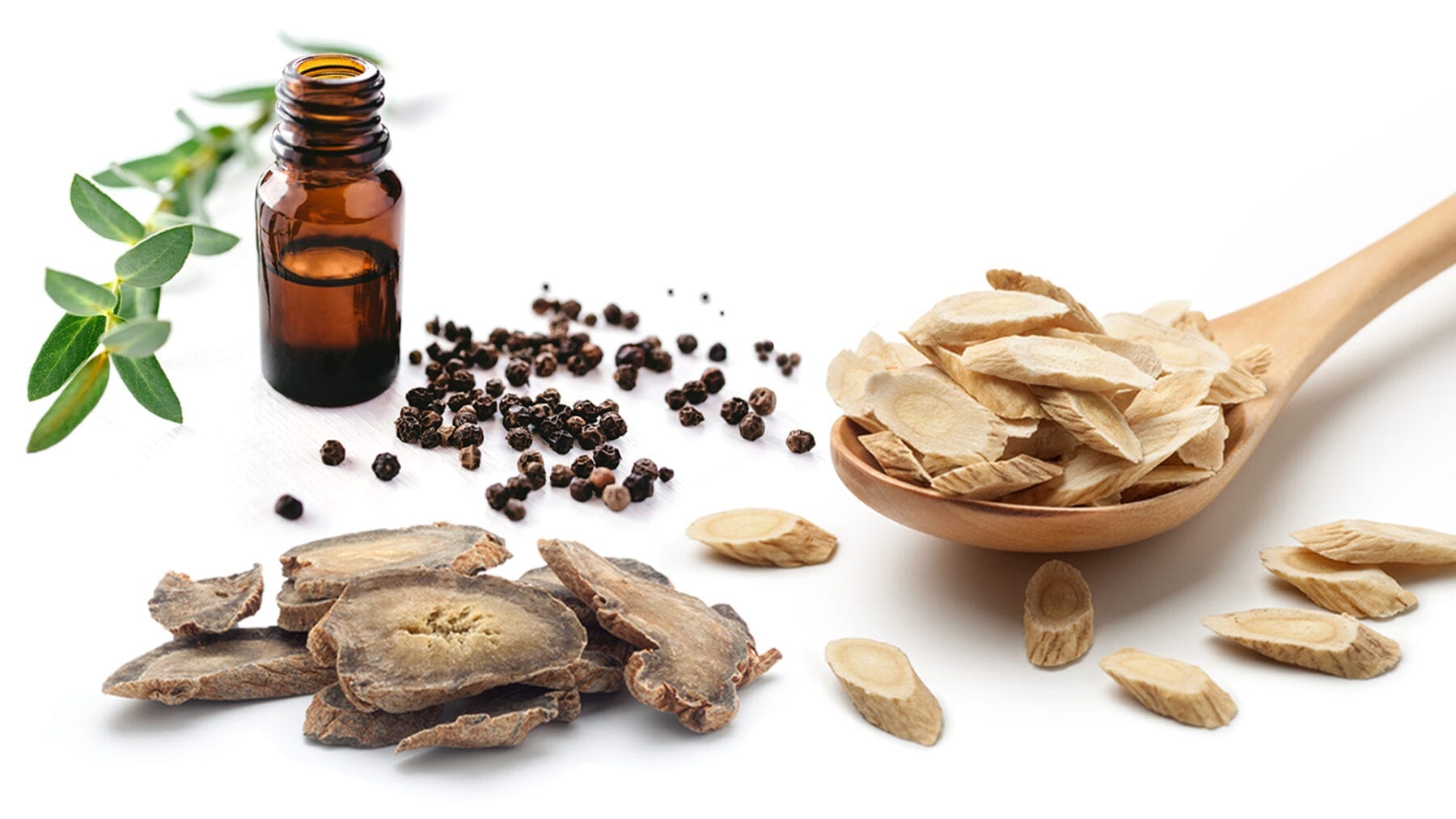
Written by Dr. Hafeez Arshad
General Physician
August 30, 2020
CATEGORIES
View All
BioWOW Foods® Safety/Quality
Full-Body Workouts
Healthy Eating
Joint Health
Self-Care Strategies
Supplements Guide
Featured Videos
What is GI Health?
The GI tract helps in processing, metabolizing, and absorbing the food we eat to fulfill the demands of our body. A healthy digestive system is vital to maintain the health and functions of the body. If you ignore your gastrointestinal health, it may lead to disorders affecting other body organs and systems.
Your lifestyle and dietary intake directly affect your GI health. Here are 5 ways you can improve your digestive health and overall well-being. [1]
1.) Eat A High-Fiber Diet
One that is rich in essential nutrients such as fruits, vegetables, whole grains, and legumes improve GI health. High fiber consumption keeps the food moving through the gastrointestinal tract, which reduces injury to the lining of the digestive system. It also prevents the risk of constipation or bloating. A high fiber diet may help to maintain a healthy weight and reduce the risk of serious disorders, including hemorrhoids, diverticulosis, and irritable bowel disease. Physicians advise the intake of a high fiber diet in many chronic diseases related to the digestive tract. [2]
2.) Eat Healthy Fats
Fatty foods affect the digestive process by slowing down the passage of foods through the GI tract. Try to eat healthy fats along with an adequate amount of fiber that may help to balance the digestive process. Fats help in nutrient absorption and promote the feeling of satisfaction after the meal. According to research, Omega-3 fatty acids decrease the risk of inflammatory bowel diseases such as Crohn’s disease and ulcerative colitis. Foods that contain a high content of omega 3 fatty acids include nuts, flaxseeds, and fatty fish. [3]
3.) Take Prebiotics and Probiotics
Probiotics are microorganisms such as bacteria and yeasts. These are similar to those naturally present in your digestive tract. They increase the ability of your GI tract to combat against several harmful factors such as stress, poor diet, and antibiotics. Prebiotics act as food for good bacteria in the gut that also help to promote GI health. [4]
4.) Stay Hydrated
Staying hydrated can decrease GI problems and improve GI health. Low fluid consumption is the most common cause of constipation and complications related to constipation. You should consume minimally 2 liters of water per day to avoid constipation. Many other health drinks like fruit juices, herbal teas, etc. improve GI health. Some foods such as melons, cucumber, celery, berries, and tomatoes can also meet the demand for fluids that your body needs. [5]
5.) Exercise Regularly
Regular exercise helps to improve the digestive system and other body functions. When you exercise, it helps move the food you eat efficiently through your gastrointestinal tract, effectively improving digestion. Experts advise walking for few minutes after meals to prevent gastric acidity and fasten the emptying of the stomach. According to a recent study, moderate exercise like jogging and cycling increases the transit time by almost 30%. Exercise also helps to reduce inflammatory disorders of the GI tract by reducing the levels of the inflammatory substances in the body. [6]
—
References:
1.) Bischoff S. C. (2011). ‘Gut health’: a new objective in medicine?. BMC medicine, 9, 24. https://doi.org/10.1186/1741-7015-9-24
2.) McDonald, J., Pirhonen, D., & Rangam, M. A. (1983). High fiber diets: their role in gastrointestinal disorders. Canadian family physician Medecin de famille canadien, 29, 1632– 1638.
3.) Ananthakrishnan, A., Khalili, H., Konijeti, G., Higuchi, L., de Silva, P., & Fuchs, C. et al. (2013). Long-term intake of dietary fat and risk of ulcerative colitis and Crohn’s disease. Gut, 63(5), 776-784. https://doi.org/10.1136/gutjnl-2013-305304
4.) Markowiak, P., & Śliżewska, K. (2017). Effects of Probiotics, Prebiotics, and Synbiotics on Human Health. Nutrients, 9(9), 1021. https://doi.org/10.3390/nu9091021
5.) Boilesen, S., Tahan, S., Dias, F., Melli, L., & de Morais, M. (2017). Water and fluid intake in the prevention and treatment of functional constipation in children and adolescents: is there evidence?. Jornal De Pediatria, 93(4), 320-327. https://doi.org/10.1016/j.jped.2017.01.005
6.) Oettle, G. (1991). Effect of moderate exercise on bowel habit. Gut, 32(8), 941-944. https://doi.org/10.1136/gut.32.8.941

Written by Dr. Wasif Yasin
General Medical Practitioner



